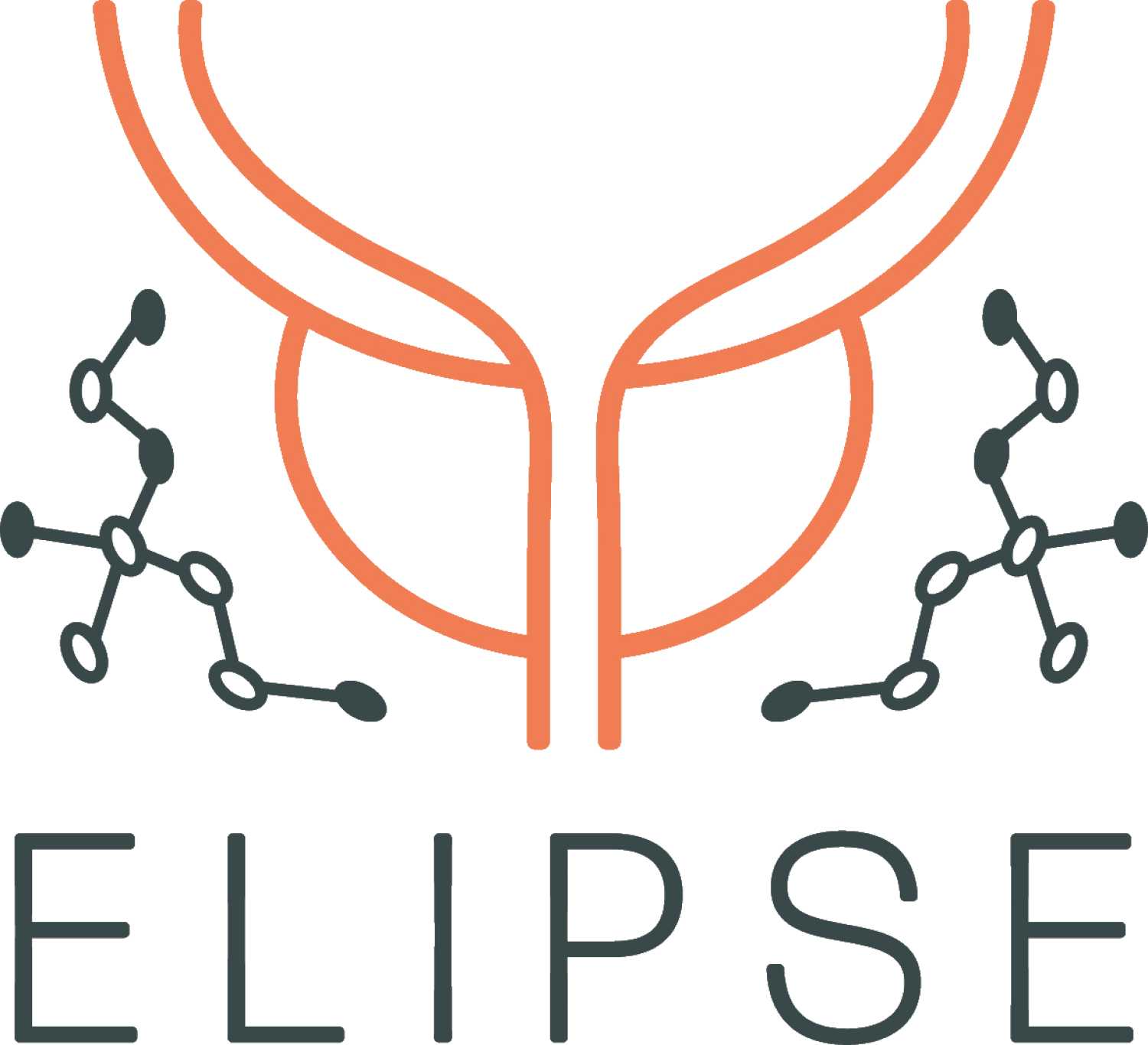
Around 50,000 people are diagnosed with prostate cancer annually in the UK. Prostate cancer that has not spread elsewhere in the body but is at risk of doing so is referred to as high-risk prostate cancer. In the UK, 4000 patients a year get surgery for high-risk prostate cancer. The operation involves removal of the entire prostate gland and, in some cases, also the nearby lymph nodes from the pelvis. Lymph nodes are part of the body’s immune system. Some surgeons think that removing the lymph nodes in the pelvis improves the chance that cancer will not return. However, complications can occur after removing lymph nodes, which can reduce quality of life, and even result in death, although this is rare. The current evidence from research on the trade-offs in terms of harms and benefits and costs of lymph node removal is currently not good enough to help surgeons make decisions. A clinical trial comparing lymph node removal to no lymph node removal is urgently required so that men with high-risk prostate cancer and their surgeons can make informed decisions about their care.
ELIPSE is a randomised controlled trial funded by the NIHR HTA programme. It aims to recruit 1080 men from 25 UK hospitals. Everyone that takes part will have an equal chance of either having their lymph nodes removed or not, during their prostate cancer surgery. The trial will compare these two options in terms of being cancer free, complication rates, quality of life and costs to the NHS. Men that join will be in the study for 3 years and get regular cancer follow-up at intervals decided by their local NHS hospital, which involves a blood test to help detect prostate cancer. They will also complete questionnaires at regular intervals about their quality of life.
ELIPSE is led by Mr Krishna Narahari (Cardiff and Vale University Health Board).
For more information, please see the ELIPSE study website.
Contacts
- Seonaidh Cotton; s.c.cotton@abdn.ac.uk
- Maria Ntessalen; maria.ntessalen@abdn.ac.uk
- ELIPSE study email; elipse@abdn.ac.uk
